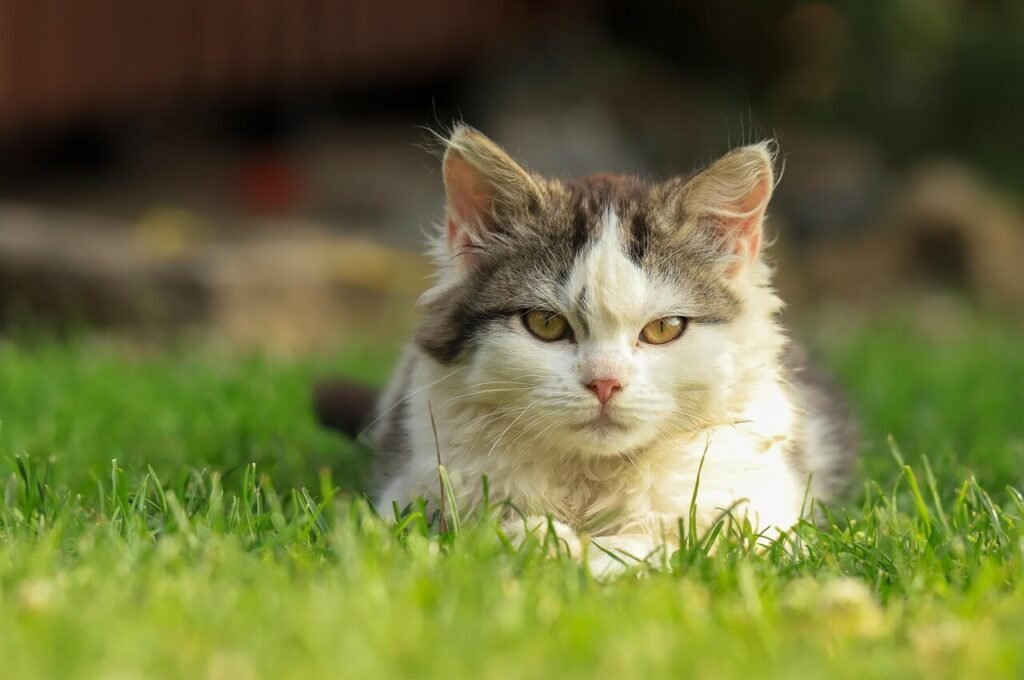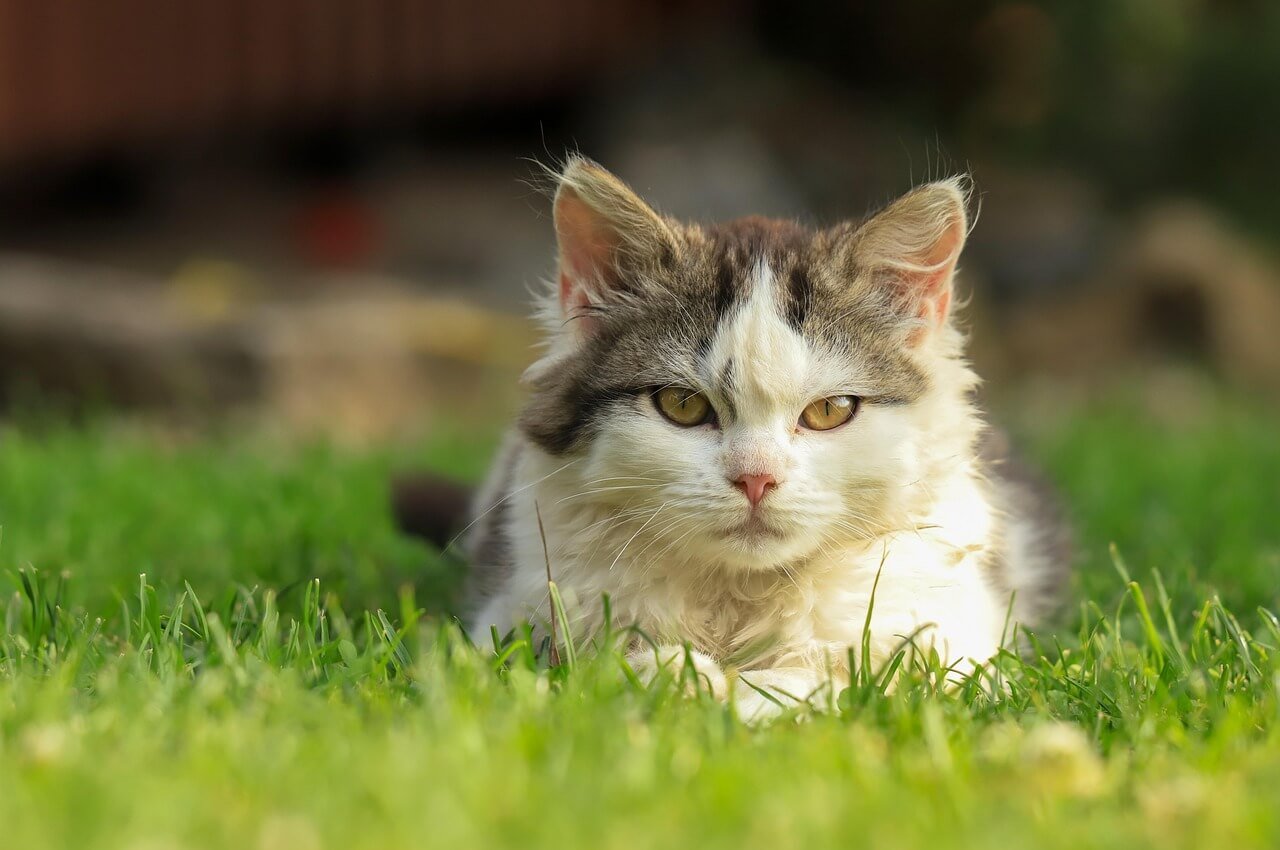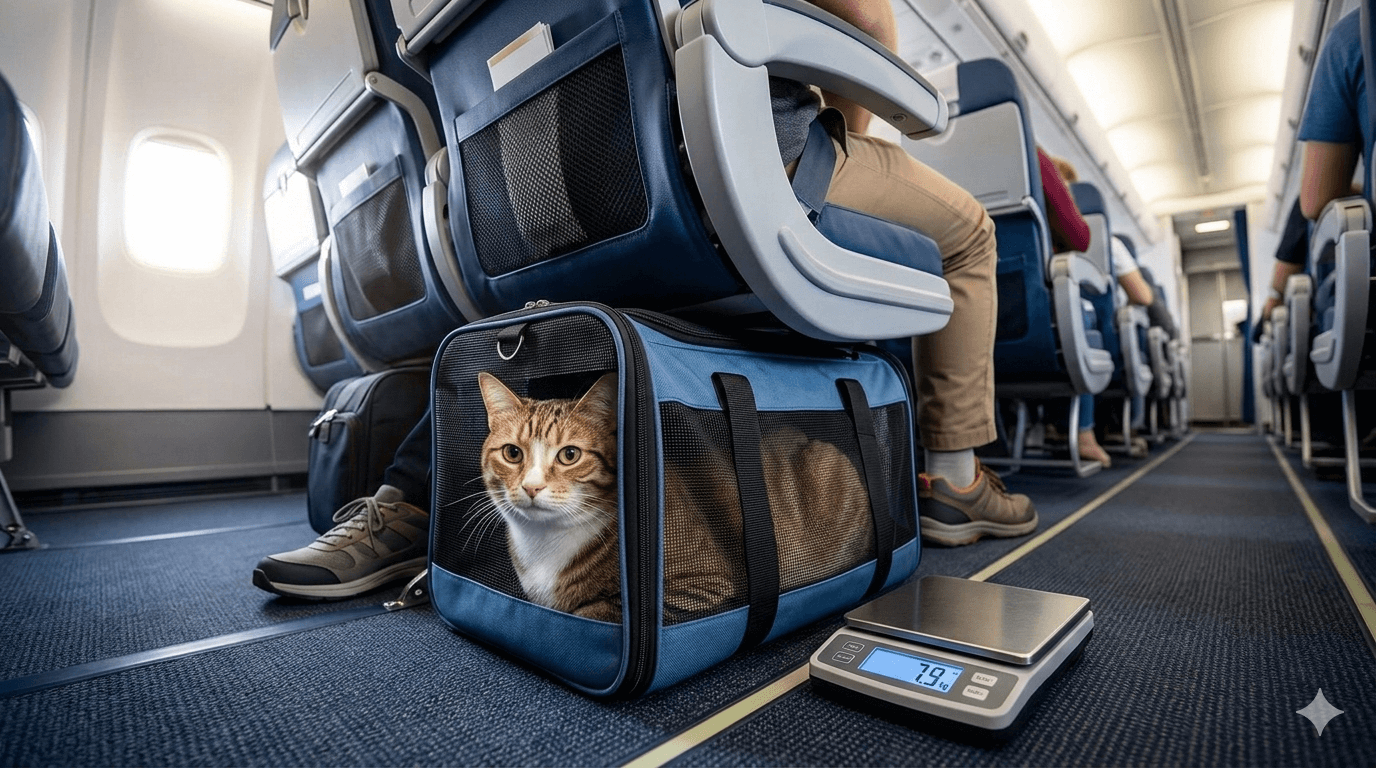Why Does My Cat Sound Congested? Understanding the Causes and Solutions
If your cat sounds congested, it can be alarming. Whether it’s a persistent snuffling, wheezing, or trouble breathing, these symptoms often indicate an underlying issue that requires attention. Cats are naturally resilient creatures, but their respiratory systems can be vulnerable to infections, allergies, or other conditions. As a loving pet owner, recognizing the signs early and understanding what might be causing your cat’s congestion is key to ensuring their comfort and health. In this guide, we’ll explore the potential causes, treatment options, and expert tips to help you address this concerning issue.
What Could Be Making Your Cat Sound Congested?
Cats can develop congestion for a variety of reasons, ranging from minor irritations to more serious health concerns. Identifying the root cause is essential for determining the appropriate course of action.
Upper Respiratory Infections :
Viral or bacterial infections like feline herpesvirus or calicivirus can lead to nasal congestion.Allergies :
Environmental allergens such as dust, pollen, or cleaning products may irritate your cat’s airways.Foreign Objects :
Small particles like grass seeds or dirt lodged in the nasal passages can cause blockages.Nasal Polyps or Growths :
Benign or malignant growths in the nasal cavity can obstruct airflow.Dental Issues :
Abscesses or infections in the teeth can sometimes affect the sinuses, leading to congestion.
Understanding these potential causes can help you narrow down the issue. If your cat’s congestion persists or worsens, consult your veterinarian promptly for a proper diagnosis.
How to Recognize When Your Cat Sounds Congested
When your cat is congested, they may exhibit several telltale signs beyond just noisy breathing. Being able to identify these symptoms will help you act quickly to alleviate their discomfort.
Sneezing Fits :
Frequent sneezing is one of the most common indicators of nasal irritation.Nasal Discharge :
Clear, yellow, or green discharge from the nose can signal infection or inflammation.Wheezing or Snoring :
Abnormal breathing sounds may suggest blocked airways or fluid buildup.Loss of Appetite :
Cats with congestion may struggle to smell their food, leading to reduced eating.Lethargy or Weakness :
A congested cat may seem unusually tired or uninterested in activities.
These symptoms should not be ignored, as they can escalate if left untreated. Early intervention can make all the difference in your cat’s recovery.
Check this guide 👉Why Did My Cat Lose His Voice? Best 7 Expert Tips!
Check this guide 👉Can Cats Have Autism? Best 7 Health Tips!

Home Remedies for Mild Congestion | When to See a Vet Immediately |
|---|---|
Use a humidifier to moisten the air | Difficulty breathing or gasping |
Gently clean nasal discharge with a damp cloth | Nasal bleeding or discharge with pus |
Offer warm, strong-smelling food | Persistent lethargy or refusal to eat |
Ensure access to fresh water | High fever or noticeable weight loss |
Keep the environment free of irritants | Swelling around the nose or face |
What You Can Do to Help a Congested Cat
Treating congestion depends on its underlying cause. While some cases resolve on their own, others require professional intervention. Here are steps you can take to support your cat’s recovery.
Keep Them Hydrated :
Encourage your cat to drink water to thin mucus and ease breathing.Provide Warmth and Comfort :
Create a cozy space where your cat can rest without feeling stressed.Use a Humidifier :
Adding moisture to the air can soothe irritated nasal passages.Clean Their Face Regularly :
Wipe away any discharge gently to prevent skin irritation.Monitor Progress Closely :
Track changes in symptoms to determine if improvement is occurring.
While these measures can help, always consult a vet if your cat’s condition doesn’t improve within a few days. Professional guidance ensures your cat receives the best care possible.
Steps to Minimize the Risk of Congestion
Preventing congestion starts with maintaining a healthy environment and staying vigilant about your cat’s well-being. These proactive measures can reduce the likelihood of respiratory issues.
Vaccinate Regularly :
Keep up with vaccinations to protect against common viral infections.Maintain Cleanliness :
Regularly clean your home to minimize dust, mold, and allergens.Avoid Smoking Indoors :
Secondhand smoke can irritate your cat’s respiratory system.Schedule Routine Vet Visits :
Regular check-ups help catch potential issues before they worsen.Observe Behavioral Changes :
Pay attention to subtle shifts in behavior that could indicate early signs of illness.
By taking these preventative steps, you can safeguard your cat’s respiratory health and enjoy peace of mind knowing you’re doing everything possible to keep them happy and healthy.
When Can You Try Home Care for Your Congested Cat?
While some cases of congestion can be managed at home, it’s important to know when home remedies are appropriate. Mild symptoms often respond well to simple interventions, but always monitor your cat closely for any worsening signs.
For Sneezing Without Other Symptoms :
If sneezing is the only issue and your cat seems otherwise healthy, home care may suffice.For Clear Nasal Discharge :
A runny nose with clear discharge is less concerning than yellow or green mucus.For Temporary Environmental Irritation :
If congestion follows exposure to dust or strong odors, it may resolve on its own.For Recently Vaccinated Cats :
Mild side effects like sneezing post-vaccination are usually harmless and short-lived.For Playful and Energetic Cats :
If your cat remains active and shows no signs of distress, home care is likely safe.
Home remedies can be effective for minor issues, but don’t hesitate to seek professional advice if symptoms persist or worsen.
What Not to Do When Your Cat Sounds Congested
Even with the best intentions, certain actions can inadvertently harm your cat or delay recovery. Being aware of these pitfalls ensures you provide the right care.
Avoid Using Human Medications :
Many over-the-counter drugs are toxic to cats and can cause severe side effects.Don’t Ignore Persistent Symptoms :
Waiting too long to consult a vet can allow minor issues to escalate into serious conditions.Refrain from Forcing Food :
While appetite loss is concerning, forcing your cat to eat can cause stress and resistance.Avoid Over-Cleaning Nasal Passages :
Excessive wiping can irritate sensitive skin around the nose and eyes.Don’t Skip Vet Check-Ups :
Even if symptoms seem mild, regular vet visits ensure there’s no underlying issue.
By avoiding these common mistakes, you can support your cat’s recovery more effectively and prevent unnecessary complications.
Helping Your Cat Feel Safe and Comforted During Recovery
A congested cat may feel vulnerable or anxious, so providing emotional support is just as important as addressing physical symptoms. Creating a soothing environment can speed up recovery and strengthen your bond.
Offer Gentle Reassurance :
Speak softly and pet your cat gently to help them feel secure.Provide a Quiet Space :
Designate a calm area away from noise and disturbances where your cat can rest.Stick to Familiar Routines :
Maintain regular feeding and play schedules to reduce stress.Use Calming Scents :
Introduce familiar scents like their favorite blanket to create a sense of safety.Limit Handling :
Allow your cat to rest without excessive handling, especially if they seem uncomfortable.
Emotional well-being plays a vital role in your cat’s recovery. By combining physical care with emotional support, you can help your feline friend heal faster and feel loved throughout the process.
Frequently Asked Questions About Cats Sounding Congested
Is it normal for cats to sound congested occasionally?
Occasional mild congestion due to seasonal changes or minor irritants is normal, but persistent symptoms warrant a vet visit.
Can I give my cat over-the-counter medications for congestion?
No, never give human medications to cats without consulting a veterinarian first.
How long does congestion typically last in cats?
Mild cases may resolve within a week, but chronic or severe congestion needs professional evaluation.
Are certain breeds more prone to congestion?
Flat-faced breeds like Persians are more susceptible due to their shorter nasal passages.
What should I do if my cat stops eating because of congestion?
Try warming their food or offering strong-smelling options; if they still refuse, contact your vet immediately.
Final Thoughts: Supporting Your Cat Through Congestion
A congested cat can tug at your heartstrings, but understanding the causes and solutions empowers you to provide the best care possible. Whether it’s addressing environmental factors, administering prescribed treatments, or simply offering extra love and comfort, your efforts matter deeply. Remember, early detection and prompt action are crucial when dealing with congestion. By staying informed and attentive, you can ensure your feline companion enjoys a happy, healthy life by your side.
Can I Give My Cat Midol? Best 7 Expert Tips! – Learn the risks, symptoms, and safe alternatives to keep your cat healthy and avoid toxic reactions.
Can I Give My Dog Midol? Best 7 Expert Tips! – Discover the risks, safe alternatives, and expert advice to keep your dog safe from accidental poisoning.
Maximum Weight for Cats on Planes: Best 7 Expert Tips! – Learn airline policies, tips to stay compliant, and ensure safe travels for your feline friend.
Max Weight for Dogs on Planes: Best 7 Expert Tips! – Discover airline weight limits, safe travel tips, and solutions for flying with your dog stress-free.





